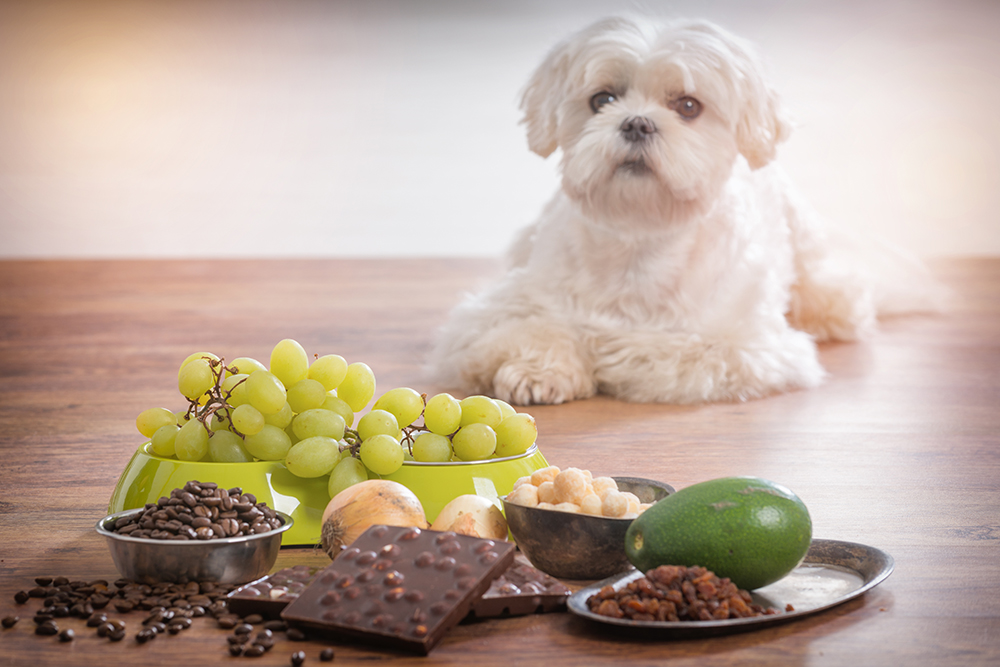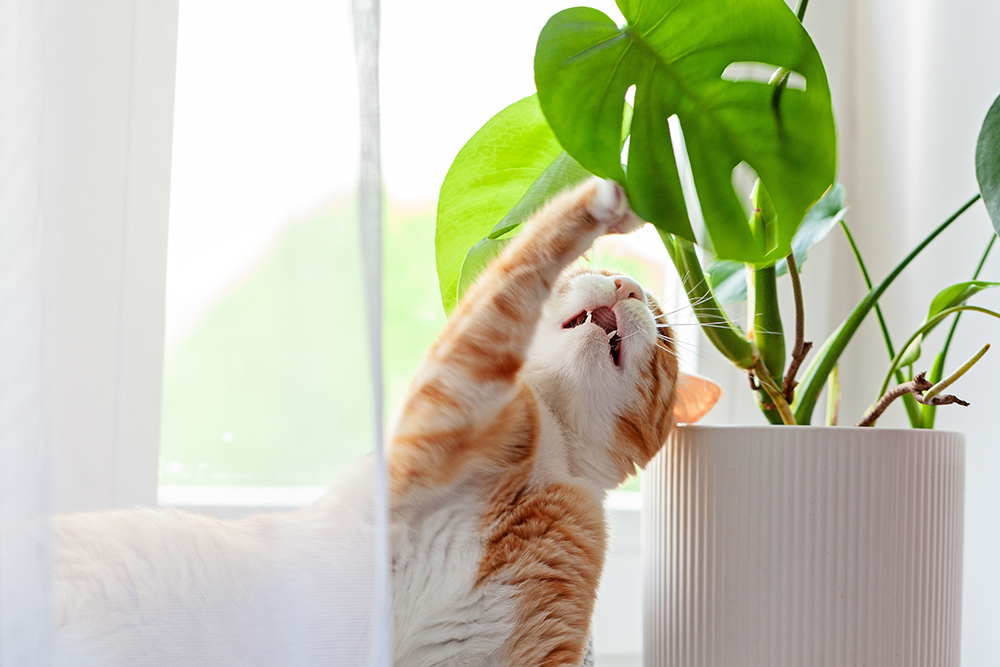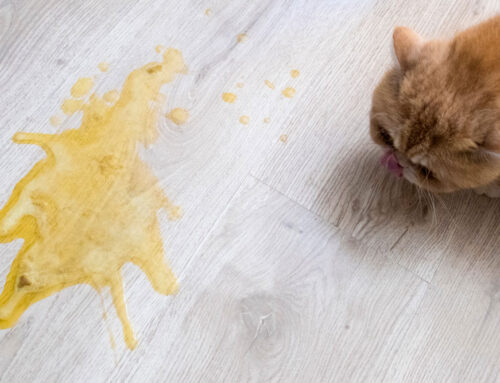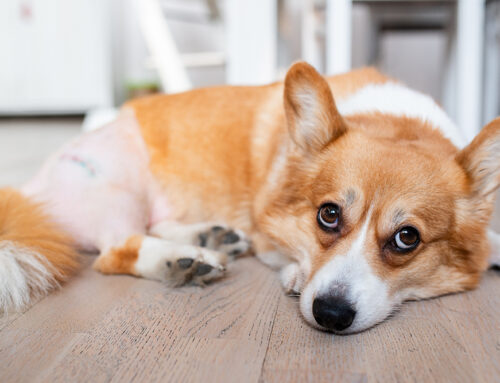What’s Poisonous to Pets? Foods, Plants, and Products to Keep Away
Curious noses and quick paws mean pets sometimes find trouble in the most unexpected places. One quick sniff or bite can turn an ordinary day into a veterinary emergency. While no pet owner wants to imagine their cat or dog in danger, knowing which household items pose the biggest risks helps prevent accidental poisonings before they happen. LaGrange Veterinary Hospital in LaGrangeville, New York, is dedicated to helping local pet owners feel confident about creating a safer home.
Why Pet Poisoning Happens So Easily
Cats and dogs experience the world through taste and smell. What looks like an innocent snack or a chew toy to a pet might actually be toxic. Unlike people, pets cannot safely process certain foods, plants, and household chemicals. Even small amounts can lead to severe reactions. Awareness is the first step toward protection.
Common Foods That Are Toxic to Pets
Surprising everyday snacks can pose serious threats. These are some of the most frequent offenders:
- Chocolate: Contains theobromine, which can cause vomiting, heart issues, or even seizures. Halloween chocolate safety tips are helpful year-round.
- Grapes and Raisins: Can cause kidney failure in dogs, though the exact toxic mechanism is still unclear.
- Onions and Garlic: Damages red blood cells and may lead to anemia.
- Xylitol: Found in sugar-free gum, candies, and some peanut butter. This sweetener can cause dangerous blood sugar drops and liver failure. Read more on why xylitol is dangerous.
- Alcohol and Caffeine: Even small amounts may cause severe neurological or cardiac symptoms.
Hidden Household Dangers
Pets often encounter more than just pantry items. Everyday household products and common plants can be just as hazardous.
- Medications: Painkillers, antidepressants, and cold medicines are among the top accidental ingestions. Keep all prescriptions sealed and out of reach. Just one Tylenol is enough to be fatal to a cat!
- Cleaning Supplies: Bleach, detergents, and disinfectants can irritate skin, eyes, and the gastrointestinal tract if licked or walked through.
- Rodenticides: Even small amounts of rat poison are deadly to pets. Details on rodenticides help identify these hidden threats.
- Marijuana and Drugs: Cannabis, edibles, and illicit drugs can cause confusion, tremors, or worse. Learn more about keeping pets safe from marijuana and toxicity from abused substances.
- Plants: Lilies, azaleas, and sago palms can cause kidney or liver failure. The ASPCA’s toxic plant list is a must-have reference.
Pet-Proofing Your Home
A few practical changes make a big difference. Simple prevention steps can keep common toxins out of paws’ reach.
Pet Safety Checklist:
| Tip | Action |
| Store medications securely | Keep human and pet meds in sealed cabinets |
| Check your houseplants, garden, and bouquets | Remove or secure plants listed as toxic |
| Secure trash cans | Use pet-proof lids to keep curious noses away |
| Avoid leaving food unattended | Clear counters of chocolate, grapes, or xylitol products |
| Use pet-safe cleaning products | Let surfaces dry completely before pets re-enter the room |
For more helpful ideas, visit Essential Tips for Pet-Proofing Your Home.
How to Recognize Signs of Poisoning
Symptoms vary based on what a pet has ingested. Some signs appear quickly; others may take hours. Knowing what to look for helps catch problems early.
Possible Signs of Poisoning:
- Vomiting or diarrhea
- Drooling or foaming at the mouth
- Staggering, tremors, or seizures
- Rapid heart rate or irregular heartbeat
- Difficulty breathing
More red flags can be found in Emergency Care Resources. When in doubt, always assume a toxin may be involved.
What to Do if Exposure Happens
Act fast if a pet may have eaten something dangerous. Quick, informed action saves lives.
- Stay calm: Take note of what and how much was ingested.
- Call for help: Reach out to ASPCA Poison Control or the Pet Poison Helpline.
- Contact your veterinarian: Provide details on the substance and when exposure happened.
- Do not induce vomiting without guidance: Some toxins can cause more damage if vomiting occurs.
Emergency resources like Help! Is This a Pet Emergency? help owners decide next steps.
Pet Poisoning FAQs
Can cats be poisoned by human foods too? Absolutely. Cats are very sensitive to onions, garlic, and lilies in particular.
Is there any safe chocolate for pets? No. Chocolate should always be kept away from dogs and cats.
How do you pet-proof for visiting guests? Remind guests to keep purses and bags zipped and stored out of reach. Many accidental poisonings involve guests’ belongings.
How long after ingestion do signs appear? This varies, but symptoms can show up within minutes to several hours. Acting quickly is always safest.
Keeping Pets Safe, Together
No one wants to face a pet emergency, but smart preparation can help prevent one. Knowing what to keep out of reach and how to respond if the unexpected happens gives owners peace of mind and keeps pets healthier in the long run.
LaGrange Veterinary Hospital is here to help every step of the way. Learn more about our team and services, or contact us with any questions about creating a safer home. Together, small changes today can protect pets for a lifetime.









Leave A Comment